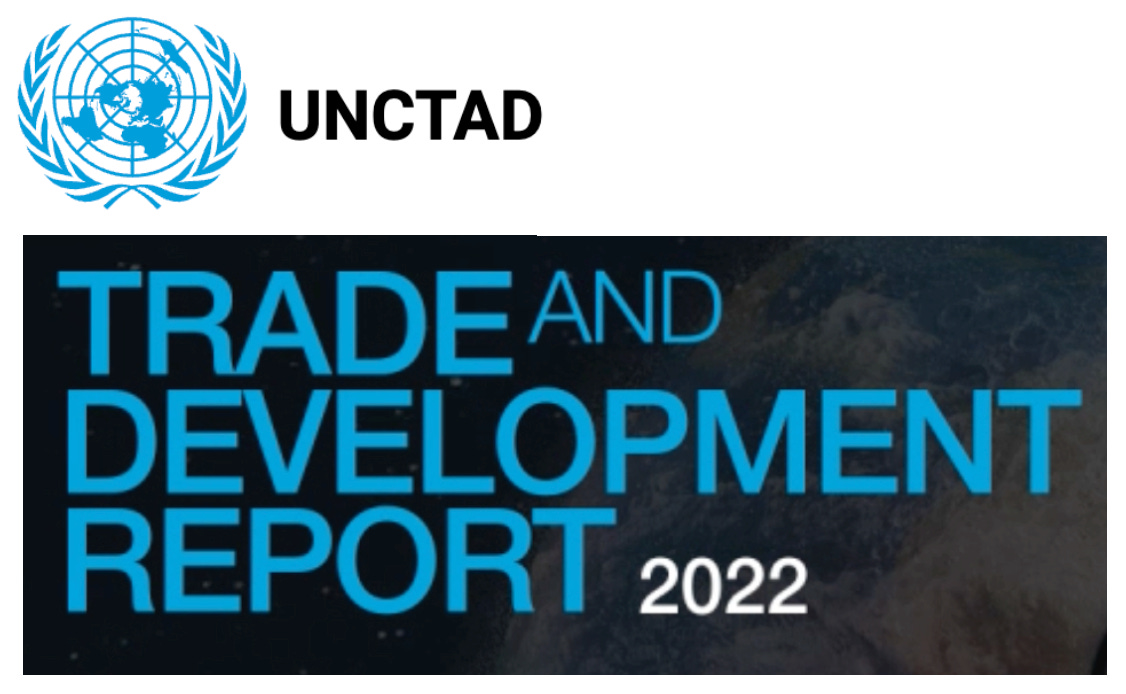You may have heard that the United Nations (U.N.) is urging the Federal Reserve and other central banks to stop raising interest rates. That’s how The Wall Street Journal reported the release of a new report yesterday.
Not exactly.
It’s not the position of the United Nations (general assembly) but the view of an agency within the United Nations known as the United Nations Conference on Trade and Development (UNCTAD). Here’s the report UNCTAD released yesterday.
“The alarm bells are ringing,” the report asserts, and a major course correction is needed—quickly—if the world is going to avert a painful economic slowdown and a global debt crisis.
“The world is headed towards a global recession and prolonged stagnation unless we quickly change the current policy course of monetary and fiscal tightening in advanced economies.”
To steer the global economy away from this looming catastrophe, the report calls on governments in advanced economies to “avoid austerity,” both for their individual sake and for the sake of the global economy as a whole. It also urges “central banks in developed economies to revert course and avoid the temptation to try to bring down prices by relying on ever higher interest rates.”
Since I’ve been making the same arguments for months, I’m sympathetic to the report. It makes no sense (to me) to knee-cap the recovery in order to fight a problem that (a) is largely about exogenous, supply-side factors and (b) can be dealt with in far less destructive ways.
UNCTAD is basically saying to policymakers in the most powerful countries in the world, “This is an own-goal of epic proportions. Stop before it’s too late.”
There are more policy recommendations in the report, which is well worth a look.
All regions will be affected, but alarm bells are ringing most for developing countries, many of which are edging closer to debt default. Climate stress is intensifying, with mounting loss and damage in vulnerable countries who lack the fiscal space to deal with disasters, let alone invest in their own long-term development.






Thank you for the continuous update on the inflation issue 🙏
Neither the UN nor any of their agencies should be in the business of suggesting how we manage our money supply.